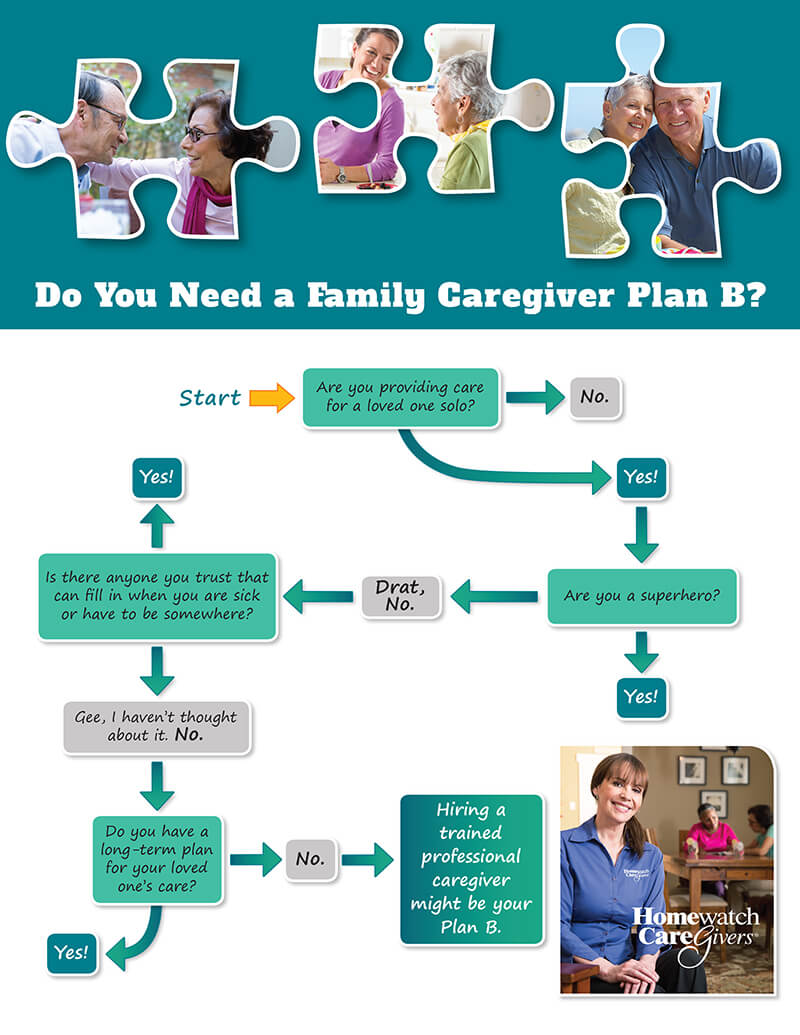Family caregiving can start as a trickle of helping out here and there, but can suddenly become akin to a full-time job in terms of the number of hours spent with doing errands, meal prep, assistance with bathing and dressing, managing medications, and other types of care for a loved one.
Of course, it’s instinct to help someone out, but for many people there is a tipping point where they are doing more than they can handle while maintaining their own well-being. A 2015 AARP and National Alliance for Caregiving report found that nearly 40 million Americans provide care for another adult, with 34 million providing care to an adult age 50 or over.
The report distinguished between “higher-hour” (21 or more hours weekly) and “lower-hour” (0-20 hours weekly) caregivers. “On average, caregivers spend 24.4 hours per week providing care,” the report noted. “About 1 in 4 provide care for 41 hours or more each week (23%) and 3 in 10 provide between 9 and 40 hours of care (31%).”
For those who need to keep going to work full-time while shouldering the responsibility of care for a loved one, it’s a good idea to have a Plan B. This back-up plan can benefit both the care recipient and the person helping them out, preventing burnout for the caregiver and ensuring proper care for the care recipient.
Take a look at our flowchart to see if you might be in need of a Plan B for your family caregiving needs
.





